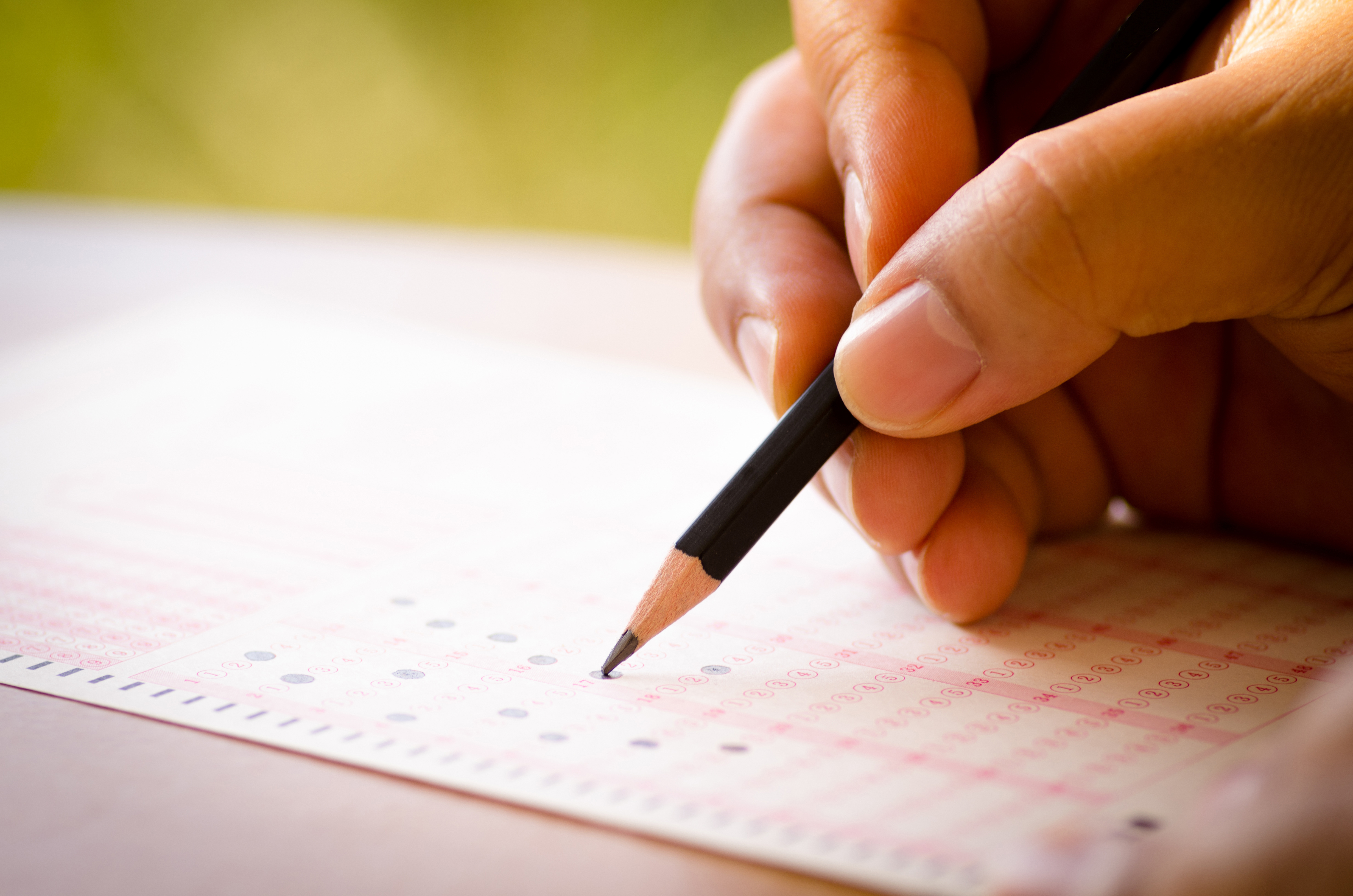-
Prep the brain. Helps students prepare psychologically by explaining why we take tests and the role they play in academia. It gives students of all ages a context for exams and exam prep. Class discussions leading up to testing can also help students to better understand exam expectations, the purpose of the test and scoring criteria, as well as express their own feelings about the upcoming exams, which may alleviate their stress.
-
Readiness is key. Preparing academically means students develop their test-taking skills and learn how to effectively manage test-prep materials. Students also benefit from healthy eating, sleeping and hydration tips prior to the test. Also, be sure to encourage students to cease test practice before the test to avoid burnout.
-
Cultivate a confident classroom. Students can create their own affirmation posters (or print them online) to build self- confidence and channel their energy. In the days leading up to the exams, students can offer each other "pep-talks" or schedule mini-study sessions to prepare. Teachers Pay Teachers has a great selection of Test Day Checklists for students and Pinterest offers a variety of playful "Survival Kits" for exam week.
-
Did someone say breakfast buffet? A healthy meal prior to testing helps students to perform their best, but many students are unable to or forget to eat during testing week. Depending on schools regulations, some teachers have started planning "Breakfast Buffets for the Brain" the day or week of testing, in order to quell nerves and ensure full stomachs. Sometimes even parents can get involved, providing one drink or food item for the classroom to share. (Bonus: this also ensures snack availability for after the test!)
-
Brain Breaks and Mindful Minutes. Children big and small need breaks between periods of focus in order to reset and recharge. Go Noodle is a fantastic online resource for funny videos, dance-alongs, and quick breaks for students in K12. Physical activities, like extra recess, running around the school or stadium, silent catch with a beach ball, opportunities for standing/stretching and other energizers help students to push through and perform during test week. Just sayin': you're never too old for a paper airplane building and throwing contest!
-
Follow Up. While not often considered, a reflection or conclusion to a busy testing week can provide closure for students of all ages (and teachers!). Taking a minute to write a journal entry or have a class discussion on the ups and downs of testing season gives students time to process their emotions. Teachers might also want to send a personalized email to students or a note home to parents, congratulating them on a week well done.
With a few of these tips, any classroom can transform its exam woes into wins. However, no matter how testing season is tackled, students and teachers may find solace in the fact that there is, indeed, an end to the exam schedule and that vacation is just around the corner...
Additional Resources:-
Teach Starter offers great sensory and movement break ideas for K12 classrooms.
-
Wondering what activities to do at the end of the year? Check out this blog.




